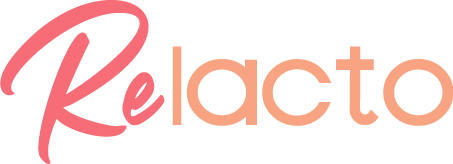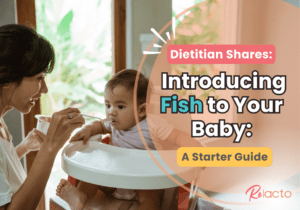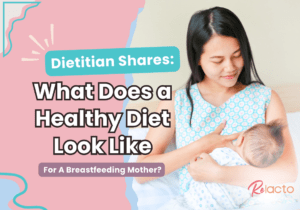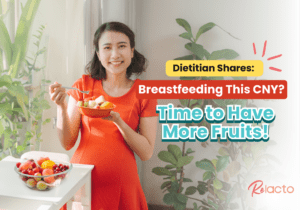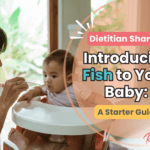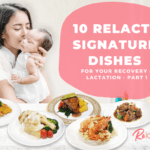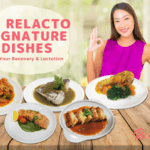Dietitian Shares: How Your Diet Shapes Your Breast Milk
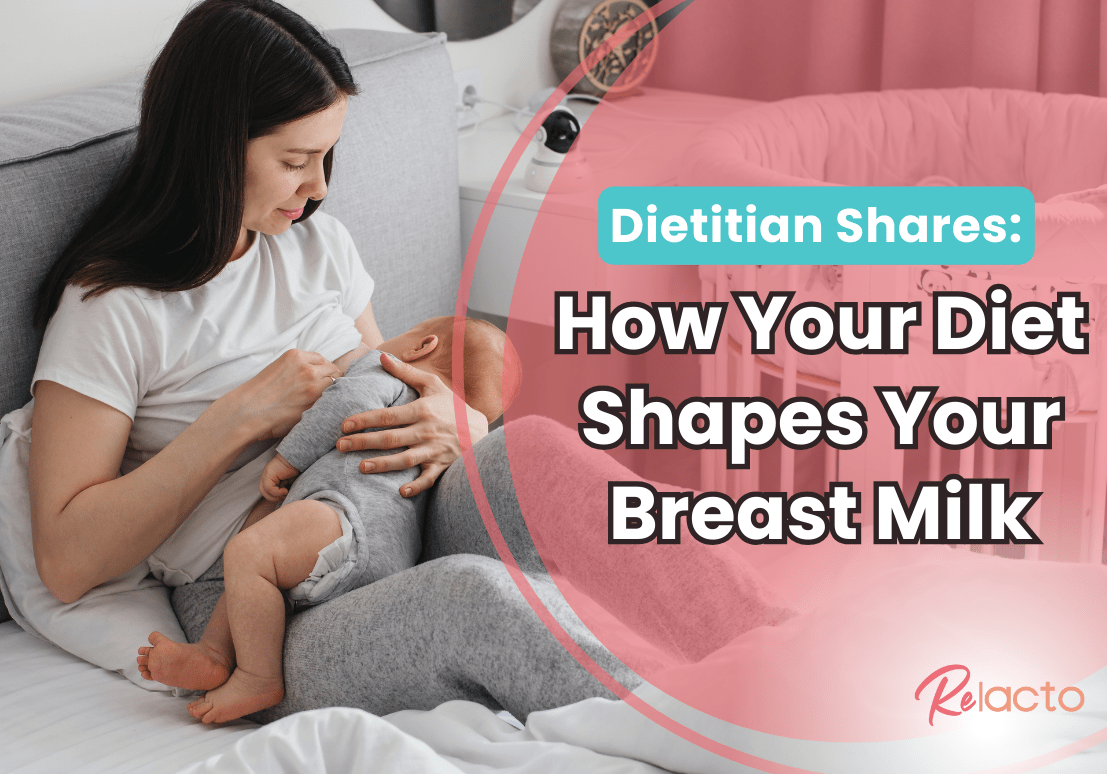
We all know how important breast milk is to our little ones. That being said, this does not mean that if you are unable to breastfeed, you are less of a mother. This article is to give you information so that you can make informed decisions about what you can do best for yourself and your baby.
Breast milk is undeniably the best source of food and should be the only food your little one consumes from the moment they are born till the day they turn 6 months old.
Did you know that your diet influences some of the nutritional content of your breast milk? This means, that if you do not practice a balanced diet and include foods rich in these particular nutrients regularly, the content in the breast milk may be suboptimal. Therefore, if you are looking for a “tingkat” service or breastfeeding food package to subscribe to during your breastfeeding months, it’s important to look through the menu beyond portion sizes and the “value for money” aspect. The variety of food, how balanced is the menu, and how often processed meats are provided should be taken into consideration. You may think beans and eggs are “cheap” food items, but they are highly nutritious and beneficial to have often in our meals
So, let’s discuss what those nutrients are in this article.
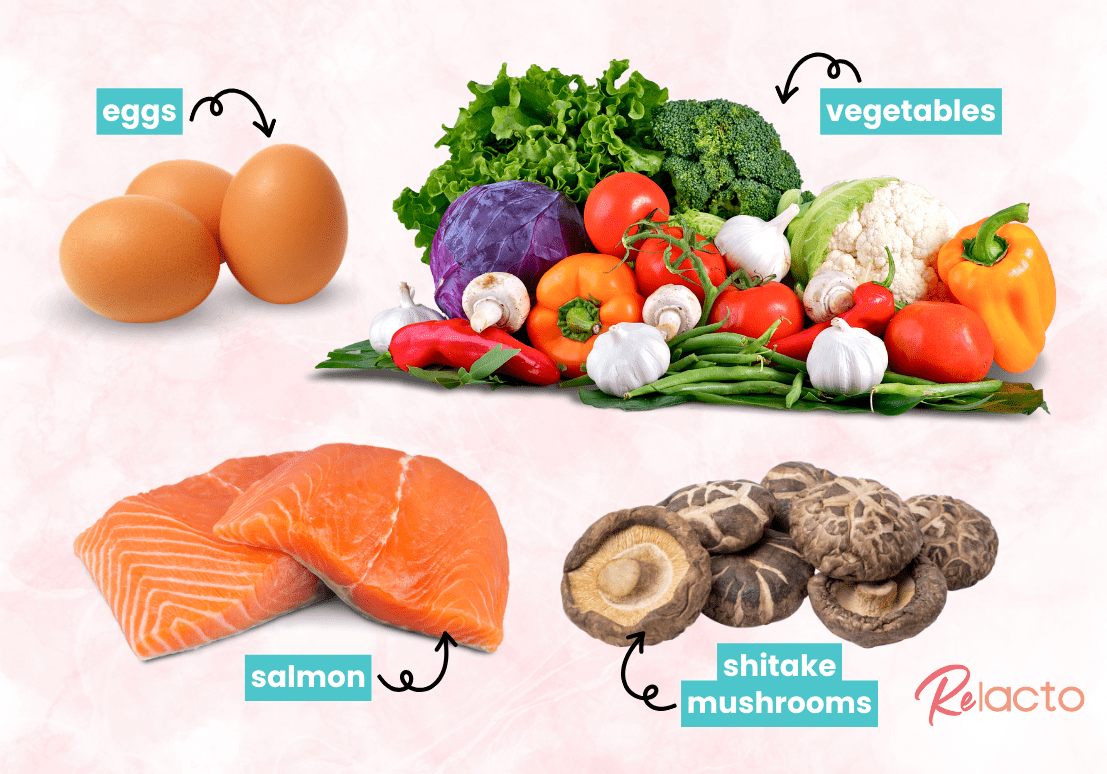
Choline
Did you know choline requirements increase after pregnancy? It increases from 440 to 550 mg/day if you breastfeed during postpartum. Choline plays a major role in brain development. Researchers have found that it can influence infant memory. It also appears to have a synergistic effect with omega 3-DHA and lutein. Choline can be found in animal-based foods like milk, chicken, meat and especially eggs. Eggs have the highest amount of choline. In just two eggs, you are able to obtain more than 50% of your choline requirement while breastfeeding.
Vitamin D
Did you know that vitamin D requirements remain high during the postpartum period if you continue to breastfeed? Singapore Health Promotion Board recommends 10 mcg/day as compared to the average adult woman who only requires 5 mcg/day, assuming that they do receive 10-15 mins of sun exposure each, 2x per week. Recent systematic review have found that Vitamin D deficiency is linked with postpartum depression and sleep disorders. It seems that vitamin D is neuroprotective in that it is able to prevent oxidative generative processes by its antioxidant activity. Adequate vitamin D seems to also play a role in supporting the immune system, particularly in reducing the risk of developing food allergies in offspring. Some of the major sources of Vitamin D in foods are salmon, shiitake mushrooms, fortified dairy milk and fortified soy drinks. Nevertheless, it is still difficult to achieve adequate intake via food intake only. Thus it is important to consider adequate sun exposure or individualized supplementation for optimal levels of Vitamin D while breastfeeding.
Omega 3-DHA
Adequate Omega 3-DHA requirements while breastfeeding remain to be about 200-300 mg per day which is equivalent to having a serving of Omega 3-DHA-rich fish two to three times per week. Omega 3-DHA plays an essential role in brain development and vision acuity in babies too. The adequate intake of Omega 3-DHA is also linked with a lower risk of postpartum depression and possibly lower risk of developing food allergies, especially among those who are at higher risk of developing an allergy. Some of the foods that are high in Omega 3-DHA that we can find from foods are salmon, skipjack tuna, sardines and prawns just to name a few.
Vitamin A
Did you know that Vitamin A requirement while breastfeeding is higher than when you were pregnant? Vitamin A requirements increase from 750 to 1200 mcg per day. Vitamin A is said to help to support eye health. It also helps the heart, lungs and other organs to work properly. Some of the different sources of Vitamin A available are liver, egg yolks, milk, cheese, dark green leafy vegetables, pumpkin, mangoes and papaya. It is important to note that liver meat should be limited as vitamin A toxicity can be easily achieved if one eats liver meat excessively.
Vitamin Bs (Except Folate)
B vitamins are a group of 8 soluble vitamins. The body does not store them, thus it need to be replaced daily. They are typically found in animal proteins, dairy, green leafy vegetables, wholegrains and beans. B vitamins play a wide role in supporting the body’s function. It helps in energy production, metabolism, support in the immune system and the support of neurotransmissions across our nervous system. Those who are vegetarian may be at risk of vitamin B12 deficiency. Thus adequate supplementation is needed. A balanced diet would help to provide the various vitamin Bs your body needs.
Iodine
Iodine is essential in supporting thyroid hormones. These hormones help the body with healthy bone development and brain development during pregnancy and infancy. Inadequate intake is linked with lower IQ in offspring. Fortunately, iodine deficiency is not common in Singapore. Iodine can be easily found in foods rich in Iodine such as seafood, fish, seaweed and dairy products, chicken, eggs, beef and iodized salt. Regular intake of fish, seafood and dairy products will help you to achieve adequate iodine pretty easily.
Summary
All in all a balanced diet is a top priority for mothers. The easiest way to achieve this is by following the healthy plate method in which a quarter of the plate is filled with fish, chicken or meat; another quarter of the plate is filled with wholegrains or noodles; and the remaining half of the plate is filled with a colourful spread of vegetables. Consistency is important so that adequate nutrients can be provided to your little one and can be consistent too!
